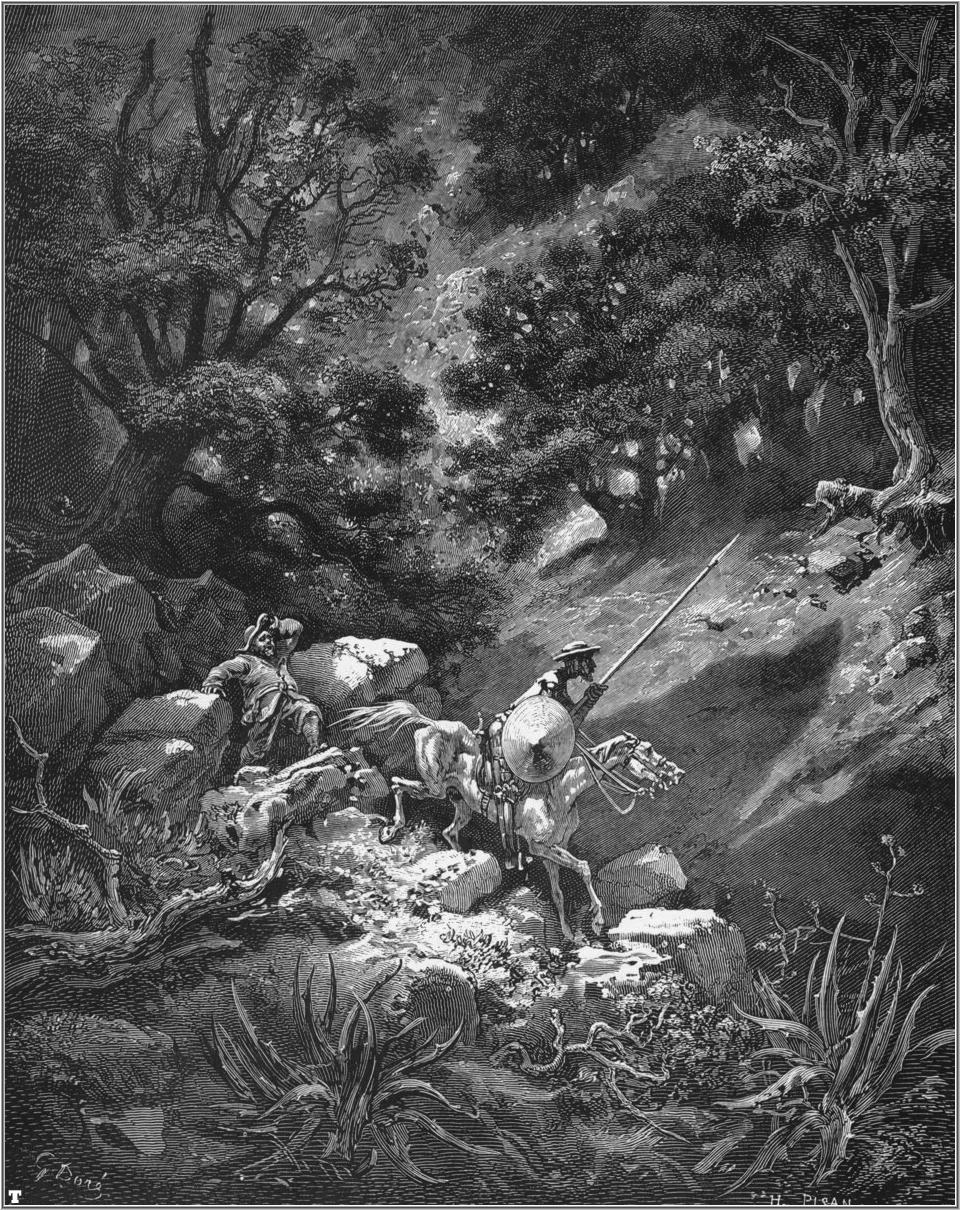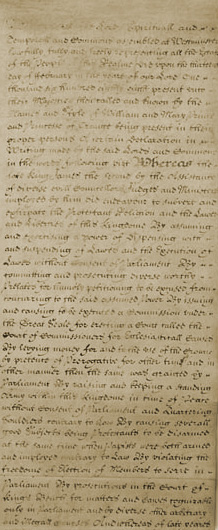by Greg Johnson
 Adolf Hitler was born April 20, 1889. Every April 20th, White Nationalist websites inevitably see an increase in discussion and debate about Hitler and his legacy. Positions usually array themselves between two poles: Hitler is the problem and Hitler is the solution.
Adolf Hitler was born April 20, 1889. Every April 20th, White Nationalist websites inevitably see an increase in discussion and debate about Hitler and his legacy. Positions usually array themselves between two poles: Hitler is the problem and Hitler is the solution.
The claim that Hitler is the problem is basically a rejection of an intolerable burden of guilt by association. Hitler is the most hated man in our whole Judaized culture. Indeed, hating Hitler is the only moral judgment not stigmatized by modern moral relativists. The only absolute moral standard we are allowed is the evil of Hitler, and all other evils are judged by their proximity to Hitler—which ultimately means that all white people are evil due to our kinship to Hitler.
The “blame Hitler” argument boils down to this: If only Adolf Hitler had not started World War II, killed six million Jews, and tried to conquer the world, White Nationalism would get good press and perhaps make some progress in the political realm. Hitler is the reason why race realism, eugenics, immigration control, and nationalism have been discredited in the eyes of whites the world over. Thus if White Nationalism is to have any chance of changing the world, we need to ritually condemn and repudiate Hitler and everything he stood for, as well as all his present day followers.
I find this argument to be morally contemptible and politically naïve.
It is contemptible, because it is essentially an attempt to curry favor with our enemies and pander to ignoramuses and fools by throwing a loyal white man under the bus. And make no mistake: Adolf Hitler, whatever his faults, was a loyal white man who fought and died not just for Germany, but for our race as a whole.
Blaming Hitler is also morally obscene because it absolves a whole host of villains who are the real architects of our race’s doom: the slave traders and plantation owners who introduced blacks into the Americas, the railroad magnates and other plutocrats who brought Orientals to our shores, the traitorous capitalists who are destroying the white working and middle classes by importing non-white labor (legal or illegal) and shipping American jobs to the Third World—and of course every politician who has done the bidding of these powers.
Blame must also be placed on the organized Jewish community which has used its control over the entertainment and news media, academia, and the professions, as well as its vast wealth, to corrupt all aspects of American politics, business, and culture and to engineer and promote multiculturalism, mass non-white immigration, miscegenation, racial integration, and a poisonous culture of white self-hatred and anti-white truculence.
Blaming Hitler is also politically naïve. Our race was not set on the path to destruction when Hitler was elected Chancellor of Germany in 1933. The problem started long before then, but a real turning point began in the 1880s with the immigration of millions of Jews from Eastern Europe to the United States, a country that was simply not culturally or politically capable of understanding and containing the threat they posed. By 1917, the organized Jewish community—operating through a cabal around Woodrow Wilson—had sufficient power to bring the United States into the First World War as a quid pro quo for the British Empire’s Balfour Declaration, which paved the way for the foundation of the state of Israel.
When Jews arrived in America en masse, they found a largely innocent and trusting people and only the weakest barriers to their rise to wealth and power. And what gratitude did the Jewish community feel toward America and its people? As soon as they were able, they traded the lives of 116,000 of the sons of those trusting Americans, plus the suffering of 205,000 more young men who were wounded, some of them unspeakably, plus the mental anguished suffered by ten million soldiers and their loved ones, plus the years robbed from the lives of the ten million soldiers and all those who worked to support them, plus the untold millions of Europeans who suffered and died because America’s entrance prolonged the war—all in order to gain a British promise to allow Jews to displace the Arabs of Palestine to found a Jewish state.
This was a pivotal moment in world history: In the United States, it became clear that whites had lost control of our destiny to Jews, and ever since then, Jews have been able to use their hegemony in the United States to take control of the destinies of white nations around the world and turn more and more of them onto the path of to extinction.
No, their control was not absolute. In 1924, white Americans passed immigration restriction. But by 1941, Jews and their allies had delivered America into another World War; in the 1950s and ’60s they spearheaded, funded, and controlled the civil rights movement; and by 1965, after more than 40 years of lobbying, Jews were pivotal in opening America’s borders to non-white immigration.
If Hitler had never been elected Chancellor of Germany, if the Second World War had never happened, Jews would still have lobbied for open borders; they would still have promoted multiculturalism, feminism, and generalized cultural decadence; they would still have promoted pseudo-scientific race denial, racial egalitarianism, and racial integration; they would still have corrupted our political system to pursue Jewish interests at the expense of American interests. How do I know this? Because they were already doing all these things long before Hitler came to power.
Jews are promoting conditions that are leading to the genocide of the white race. They are not doing this out of “self-defense” against Hitler’s aggression, since they were doing it when Hitler was just a common soldier in the Great War. Indeed, the truth is that Hitler did whatever he did in self-defense against Jewish aggression—the same Jewish aggression that we are suffering today in a much intensified form.
The “blame Hitler” argument also commits what I like to call the “one little thing” fallacy. The way some people talk, Adolf Hitler is the one thing standing in the way of our victory. If only he had remained a painter, we would be living in a White Republic today. But history is not that simple. History is the net result of billions of causal factors interacting with one another. Therefore, chances are “one little thing” is never responsible for any large scale historical phenomenon, good or bad.
A choice example of the “one little thing” fallacy is a spurious quote attributed to Benjamin Franklin that floats around right wing circles. According to this legend, Franklin claimed that America needed to exclude Jews from the very beginning, else that one little thing will undo our otherwise perfect culture and political system. This kind of thinking is appealing because it simplifies matters considerably and a spares us from the necessity of reflecting on broader, deeper, systematic problems that might implicate us as well.
Blaming Hitler is just another form of blaming ourselves for our ongoing racial decline. It deflects attention from the real culprits—white traitors and aliens—and replaces righteous anger at our enemies with demoralizing self-reproach and self-doubt. Anger motivates action. Self-reproach promotes passivity. So our march to oblivion continues uninterrupted.
White Nationalists who feel like Hitler is a burden on our cause need to recognize that ritually condemning him on his birthday does no good. Hitler is dead and cannot be harmed. And they are still goyim slated for extinction. The only thing that has changed is their own moral status. They may have won the esteem of knaves and fools, but better men see them as ignorant and vile. What good is the friendship of the corrupt and cowardly if it costs you the friendship of the honorable and upright?
How, then, can one lessen the burden of “Hitler”—the Hitler of anti-white propaganda? If a person damages your car, cursing him might feel good, but the only way to fix things is to get some sort of compensation.
How can Hitler compensate us for the burden of “Hitler”? All he has to offer us today is knowledge. So if we can learn something from Hitler that actually helps our race, that would at least contribute to lessening or lifting the burden of “Hitler.” If you really believe that “Hitler” is keeping the white race down, then pick Hitler up: read Mein Kampf, Hitler’s Table Talk, etc. and see if you can glean some useful truths.
There is a lot of truth there: about race, history, the Jewish question, political philosophy, economics, culture, religion, and the dead ends of bourgeois liberalism and conservatism. Mein Kampf is filled with practical advice about radical political organizing and propaganda that remains valid to this day.
Hitler was right about another thing as well: “The National Socialist doctrine, as I have always proclaimed, is not for export. It was conceived for the German people” (Hitler-Bormann Documents, Feb. 21, 1945). What he means is that the ideas behind National Socialism may be universally and eternally true, but the National Socialist movement—its political platforms, symbolism, and other external trappings—are the products of a particular time and place. Thus people who dress up like Storm Troopers in 21st century America have only a superficial understanding of Hitler’s teachings. A real follower of the Leader would look as American as apple pie.
You might also pick up a few good books about Hitler and the Second World War, just so you do not fall into the trap of discussing them in terms of preposterous war propaganda like “Hitler started the Second World War” and “Hitler was out to conquer the world.” Begin with Patrick Buchanan’s Churchill, Hitler, and “The Unnecessary War”: How Britain Lost Its Empire and the West Lost the World. I would also look at A. J. P. Taylor’s The Origins of The Second World War. And be sure to read David Irving’s enthralling and fact-packed books The War Path and Hitler’s War, available in a single volume: Hitler’s War and the War Path. Lesser researchers routinely plunder them, so you might as well go back to the source.
I do not think that the progress of White Nationalism in the 21st century requires the rehabilitation of Hitler and the Third Reich, which in any case would be an infinite task for scholars and a distraction for political activists. But when historical clichés are regularly lobbed at us like grenades, every responsible adult needs the basic knowledge necessary to defuse them. We don’t need to be doctors of revisionism, but we should be able to apply some battlefield first aid.
Perhaps the most subversive thing one can do regarding Adolf Hitler is simply to ignore those who hate or love him blindly and instead discuss him rationally and objectively, like any other historical figure. If you follow this advice, I guarantee that the burden of “Hitler” will begin slowly to fade.
But you also may discover that the burden of thinking “Hitler” was wrong is nothing compared to the burden of believing that Hitler was right.




